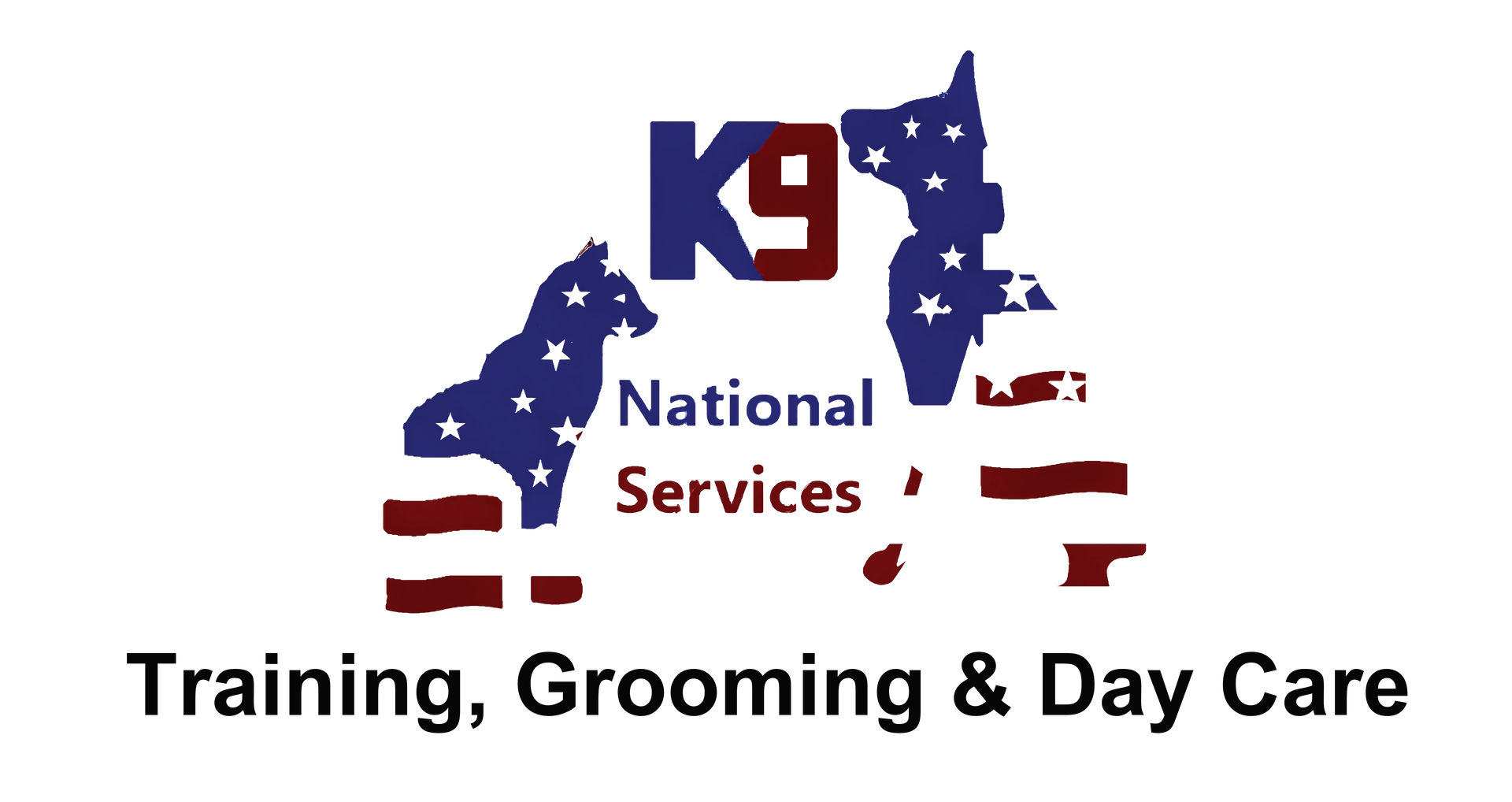Reactive Dog Training Farmington: Helping Anxious Dogs Succeed
Reactive dog training in Farmington addresses complex behavioral challenges that require specialized expertise and patient, systematic approaches. Understanding reactivity versus aggression helps families choose appropriate interventions that create positive outcomes for anxious dogs.
Understanding Dog Reactivity in Farmington
Dog reactivity differs significantly from aggression, though both behaviors can appear similar to untrained observers. Reactive dogs typically display fear-based responses to specific triggers, while aggressive dogs demonstrate intent to harm or control.
Farmington's suburban environment presents numerous triggers for reactive dogs: other dogs on walks, cyclists, joggers, children playing, and delivery vehicles. Professional reactive dog training near me programs address these specific environmental challenges.
Common reactivity triggers include:
Other dogs, strangers approaching, loud noises, fast-moving objects, children, bicycles, and novel environments that overwhelm anxious dogs' coping mechanisms.
Signs Your Farmington Dog Needs Reactive Training
Recognizing reactivity symptoms helps Farmington families seek appropriate professional intervention before behaviors worsen or become more difficult to modify:
Leash reactivity includes lunging, barking, growling, or pulling toward triggers during walks. These behaviors often intensify when dogs feel trapped or unable to escape.
Fear-based responses manifest as hiding, trembling, excessive panting, or attempting to flee when encountering triggers. Some dogs freeze completely when overwhelmed.
Displacement behaviors include excessive scratching, licking, or repetitive movements that indicate stress and anxiety in trigger situations.
Threshold stacking occurs when multiple stressors accumulate, causing dogs to react more intensely to normally manageable situations.
Specialized Training Techniques for Reactive Dogs
Professional reactive dog training in Farmington employs scientifically-proven methods that address underlying anxiety while building confidence and appropriate coping strategies:
Desensitization protocols gradually expose dogs to triggers at distances and intensities they can handle successfully, slowly building tolerance over time.
Counterconditioning changes emotional responses to triggers by pairing previously scary stimuli with positive experiences like treats, play, or attention.
Distance management teaches owners to recognize their dog's comfort zones and maintain appropriate spacing from triggers during training progression.
Alternative behavior training provides dogs with appropriate responses to trigger situations, replacing reactive behaviors with calm, controlled alternatives.
Creating Success in Farmington's Environment
Farmington's layout and population patterns create specific challenges and opportunities for reactive dog training that experienced professionals understand and utilize:
Quiet residential streets provide controlled environments for early training stages, allowing gradual exposure to triggers at manageable distances.
Multiple walking routes enable trainers to vary exposure levels and practice sessions while avoiding overwhelming situations during initial training phases.
Seasonal changes affect trigger frequency and intensity, requiring flexible training approaches that adapt to weather-related behavioral variations.
Family Education and Management
Successful reactive dog training requires comprehensive family education about anxiety-based behaviors, management strategies, and ongoing support techniques:
Recognition of early warning signs helps family members intervene before dogs reach reactive thresholds, preventing incidents and maintaining training progress.
Environmental management strategies include route planning, timing adjustments, and physical barriers that reduce trigger exposure during training periods.
Stress reduction techniques help families create calm, supportive home environments that promote overall behavioral improvement and faster training progress.
Realistic Timeline and Expectations
Reactive dog training requires patience and realistic expectations about progress timelines. Farmington families should understand that anxiety-based behaviors take time to modify:
Initial training focuses on building confidence and establishing positive associations with previously triggering stimuli. This foundation phase typically requires 2-4 months of consistent work.
Progress occurs gradually, with setbacks being normal parts of the training process. Professional guidance helps families navigate challenging periods without losing momentum.
Long-term management often includes ongoing practice sessions and environmental awareness to maintain training gains and prevent regression.
Supporting Your Reactive Dog's Journey
Reactive dogs benefit from holistic approaches that address physical health, mental stimulation, and emotional wellbeing alongside formal training programs:
Regular exercise in controlled environments helps reduce overall anxiety levels and provides appropriate outlets for mental and physical energy.
Enrichment activities and puzzle games provide mental stimulation that builds confidence and reduces stress-related behaviors.
Consistent routines and predictable environments help anxious dogs feel more secure and better able to handle challenging situations.
Professional Support Makes the Difference
Reactive dog training requires specialized knowledge and experience that general trainers may not possess. Farmington families should seek certified professionals with specific reactivity training credentials.
Contact K9 National Services at (860) 209-1986 for professional reactive dog training consultation. Our certified behaviorists specialize in anxiety-based behaviors and provide comprehensive programs that help reactive dogs build confidence and appropriate coping skills.
Serving Farmington and surrounding Connecticut communities with specialized reactive dog training that creates positive outcomes for anxious dogs and their families.
